Distractions, they’re everywhere.
The constant hum of FOMO is like some endless background music we’ve learned to live with. Even as you read this, it’s likely you have a minimum of three other tabs open and a slew of notifications popping up on the side of your screen.
For this reason, whenever I am dining out with close friends — I employ the following rule: zero devices on the table.
This might seem illogical, given that I am CEO to a tech company, but what I’ve learned over the years is that scrolling, in particular, disrupts our focus and interrupts our connection to others like nothing else.
And anyone who knows me knows that I’m a big proponent of giving the things we value most, our undivided attention — both in terms of the people we care about and with the projects we take on.
Focus is king, as they say — especially in the world of business.
Now, with the emergence of the no-code movement — which allows people to create their own applications without writing a single line of code — the opportunity to conjure and develop your own ideas is placed easily within your grasp.
But there’s a catch: if you want to be successful, you have to weed out all the distractions.
So, now the million dollar question: how can you remain laser focused?
First, be deliberate
My entire life, I’ve wanted to be a programmer.
In middle school, I joined a weekend programming class, and counted down the days impatiently for when I could sit in front of a screen.
This was back in the ’80s, so owning a personal computer wasn’t really a thing.
But that didn’t stop me from dreaming of code in my sleep, or meticulously planning in detail what I wanted to do when I got back to the computer.
This passion carried me through to college and well after graduating, until eventually finding an outlet in my tech startup.
Knowing I wanted to work in programming was good, but it didn’t automatically lead to answers. I had to be deliberate with my self-questioning.
“A primary task of leadership is to direct attention,” writes Daniel Goleman for Harvard Business Review. “Every leader needs to cultivate this triad of awareness, in abundance and in the proper balance, because a failure to focus inward leaves you rudderless,” he writes.
A failure to focus on others renders you clueless, and a failure to focus outward may leave you blindsided.
Focus, essentially, is having an awareness both of ourselves and of the outside world. In other words; your own wants + people’s needs + the wider market.
The moments leading up to starting my company, Jotform, meant taking all of the above into account to make a sound decision. In the end, this is what that looked like for me:
- My wants: Bootstrapping my own tech business
- People’s needs: An easier solution for form-building
- The wider market: Enabling users with no technical expertise to build their own online surveys, applications, contact forms, order forms, event registrations and more.
Young collector, Tara Reed, used a similar decision-making process when building her no-code startup Kollecto — a product she ended up developing using Bubble, a no-code visual web editor.
Reed defined the product she wanted to create thanks to an unlikely incentive: personal frustration.
“I go to Spotify when I want recommendations for music, Netflix for movies, TrunkClub for fashion, Amazon for books, etc. But when I started Kollecto, there was no place to get recommendations on cool visual art for my walls,” Reed noted.
She realized then that there must be others, like her, who were interested in collecting art, but didn’t want to comb through hundreds of galleries and exhibits.
So she built an app to give them affordable access to their own personal art buyer.
She looked at her own intrinsic motivation, realized others had similar needs, and created an app to appeal to that wider audience.
Experimenting is good, but here’s why I recommend staying laser focused
As co-founder of Visual Dev FM, Matt Varughese, explains:
“I think no code is getting to the point where it democratizes software development,” he says. “You don’t have to be rich, and you don’t have to know how to code, you just have to be willing to learn, and be willing to put in the work.”
I’m a staunch supporter of experimenting. Since hitting the mainstream, no-code software has enabled more and more people to try out their far-fetched ideas.
Some will start and build several websites and apps simultaneously. This is one of the main advantages of no-code, you can test new products out, see if there’s greater interest and demand, then learn how people respond.
But here’s the point I want to get across: let experimentation be an entry point to honing your 1 big idea, rather than endlessly spinning your wheels on a handful and getting nowhere.
That’s why, according to Goleman, it’s important to command the full range of your attention, first.
Focused leaders, he writes, “are in touch with their inner feelings, they can control their impulses, they are aware of how others see them, they understand what others need from them, they can weed out distractions and also allow their minds to roam widely, free of preconceptions.”
As Goleman aptly illustrates above, too much experimenting can lead you down stray paths; and ultimately distract you from creating something of real value.
Instead, look at developing different ideas as a way to help shape your primary business.
And remember: Deep focus — the kind that awakens and inspires — may seem like some elusive ideal. But it’s this exact place where nascent ideas turn into breakthroughs.
















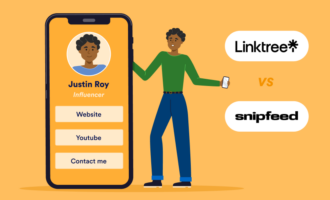




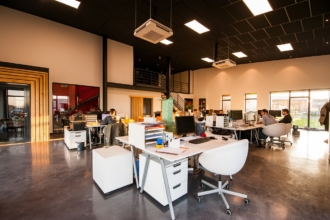





















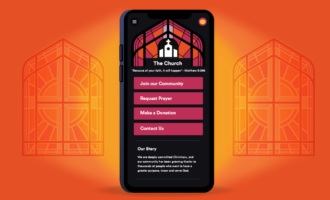



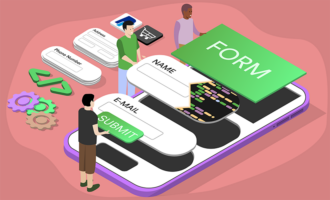




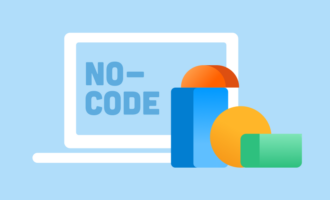













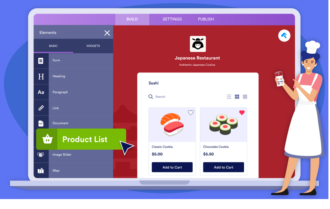


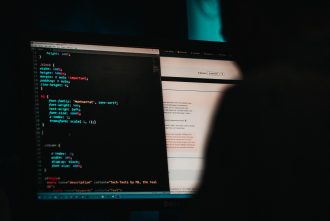

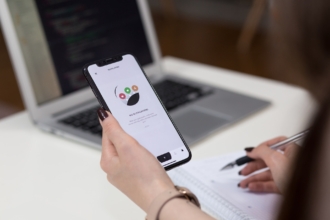



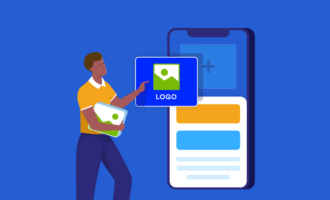



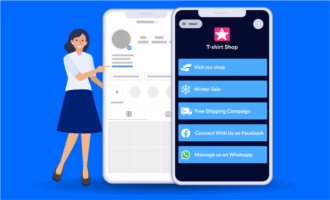


Send Comment: